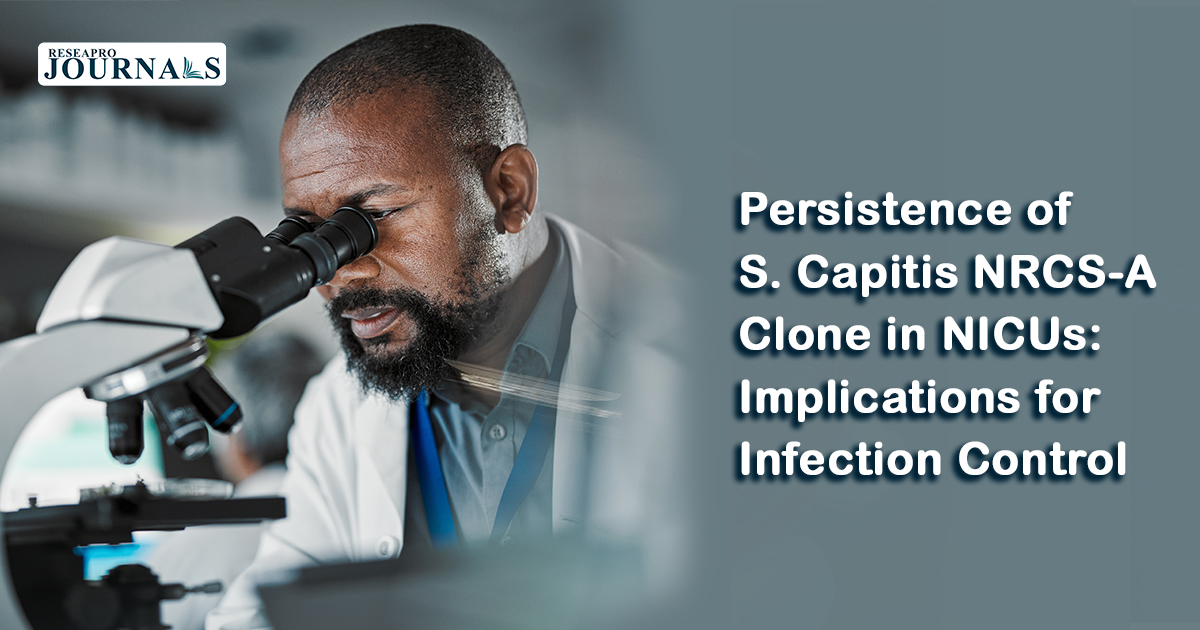|
Getting your Trinity Audio player ready...
|
Late-onset neonatal sepsis, especially in pre-term infants, is a significant cause of morbidity and mortality. Coagulase-negative staphylococci, particularly Staphylococcus capitis NRCS-A, are common culprits, posing challenges due to antibiotic resistance. A UK study investigated NRCS-A contamination in NICUs. The bacterium was found in zones close to infected infants, emphasizing the need for stringent hygiene practices. Common disinfectants proved effective, but persistent contamination on certain surfaces indicated potential issues in cleaning protocols. Improved disinfection methods and standardized cleaning practices, especially for incubators, are vital to curb NRCS-A transmission, ensuring the safety of vulnerable neonates.




